The road to our AI speaking test wasn’t a smooth one. Martin Moore lays out the trials, tribulations and triumphs of developing the Dynamic Speaking Test.


The road to our AI speaking test wasn’t a smooth one. Martin Moore lays out the trials, tribulations and triumphs of developing the Dynamic Speaking Test.
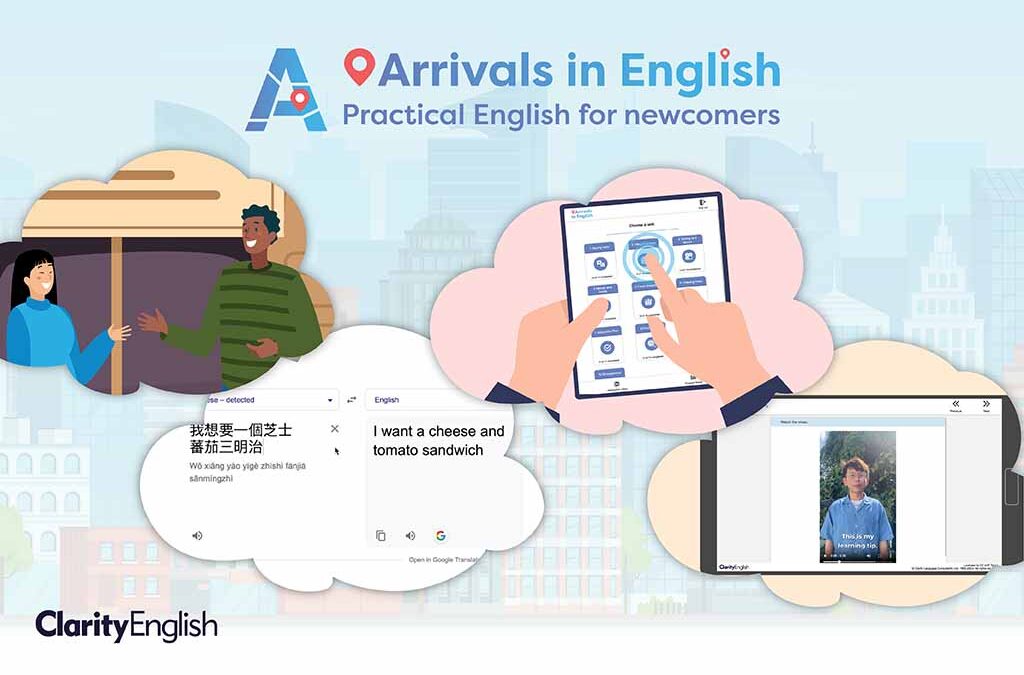
Introducing features and how to best use the program.

Speakers of tonal languages such as Chinese, Thai or Yoruba face particular challenges with English intonation. Andrew Stokes examines why and how we can help.
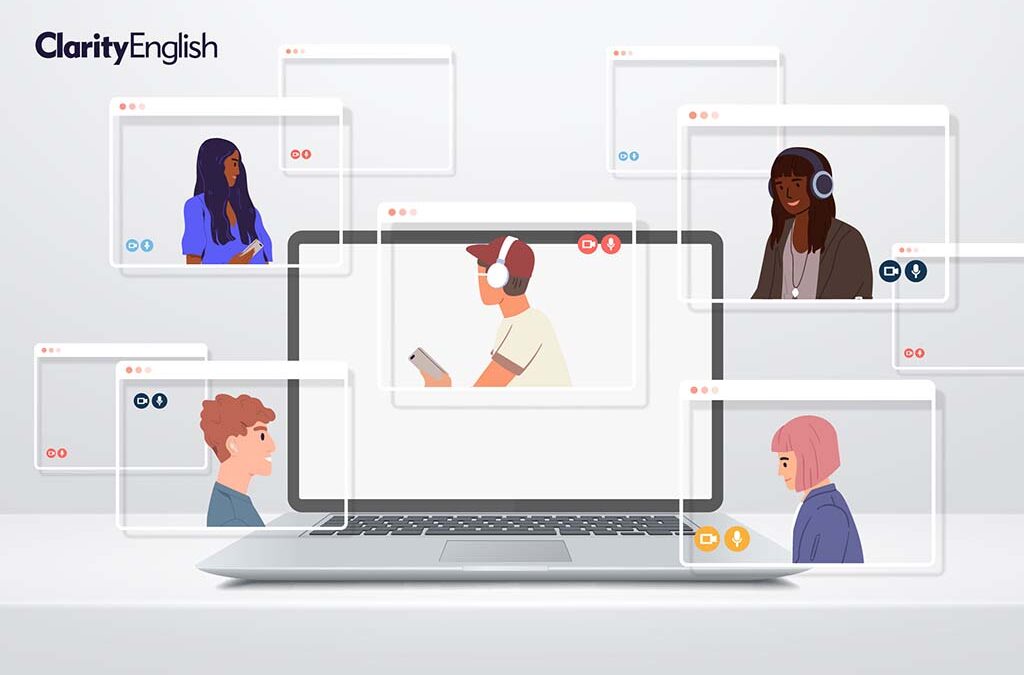
Atlas English shares their findings from their project with HOPES LEB, improving the prospects for vulnerable youth and refugees in Lebanon.

Everyone wants a test to be valid. But what is validity and how do you tell if a test is valid or not?

Running placement tests for a large cohort of new students can be time-consuming, costly and tedious. Dr Adrian Raper’s five-question framework makes it totally efficient. Test it here.

Online proctoring can help make remote assessment programmes more accessible and flexible. But what should you look for in a provider?

At JALT 2018, Matthias Prikoszovits (MP) from Universität Wien tells Sieon Lau (SL) about the importance of providing vocational experience, cultural knowledge and help on understanding legal language.
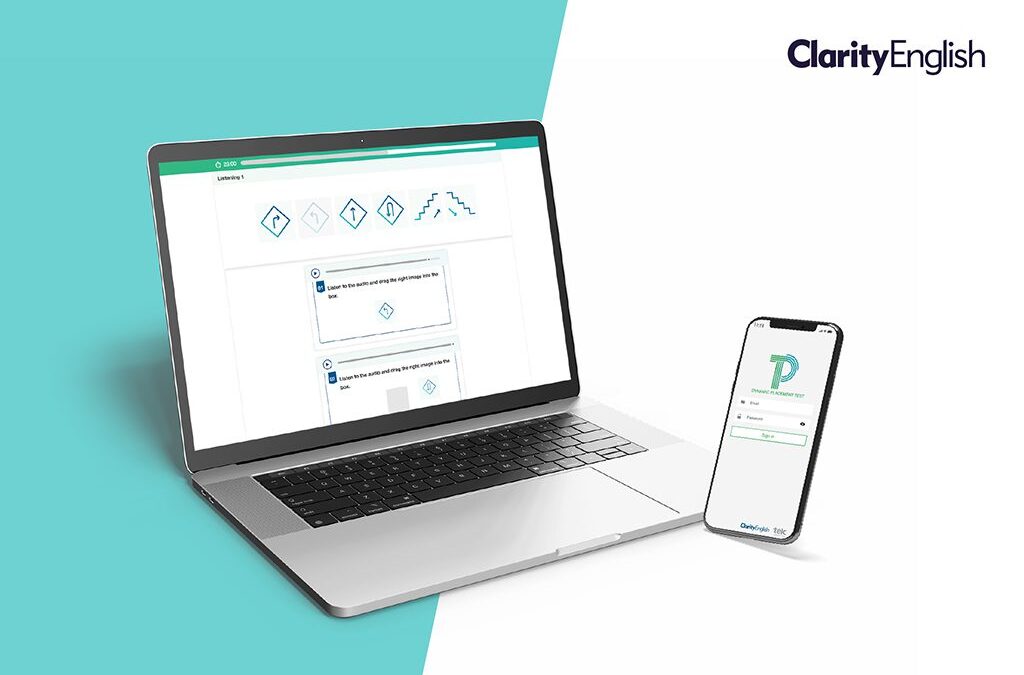
This case study describes the role of the Dynamic Placement Test in an international project to help young Syrian refugees enter higher education.
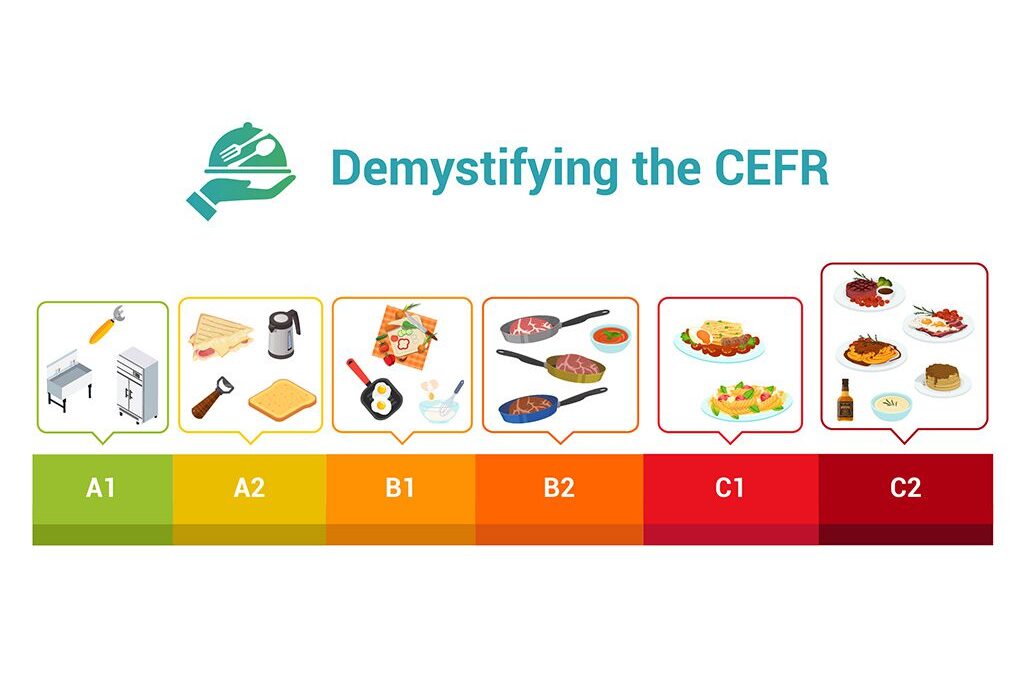
Andrew Stokes presents an ingenious technique for demystifying the CEFR. The idea, devised by Sean MacDonald of telc, is to compare it to cooking.
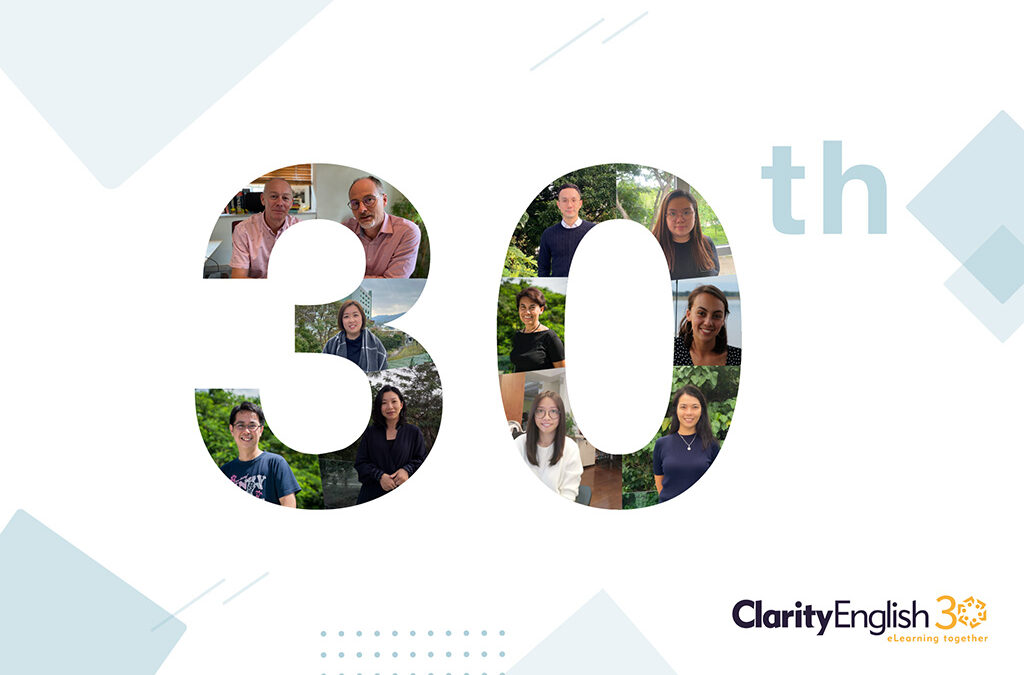
Our 30th anniversary has allowed us to connect, reflect and plan for the future. See more from our 30 year anniversary here.

It is so easy to feel lost and isolated online. Here is why textspeak is an essential part of English language learning.
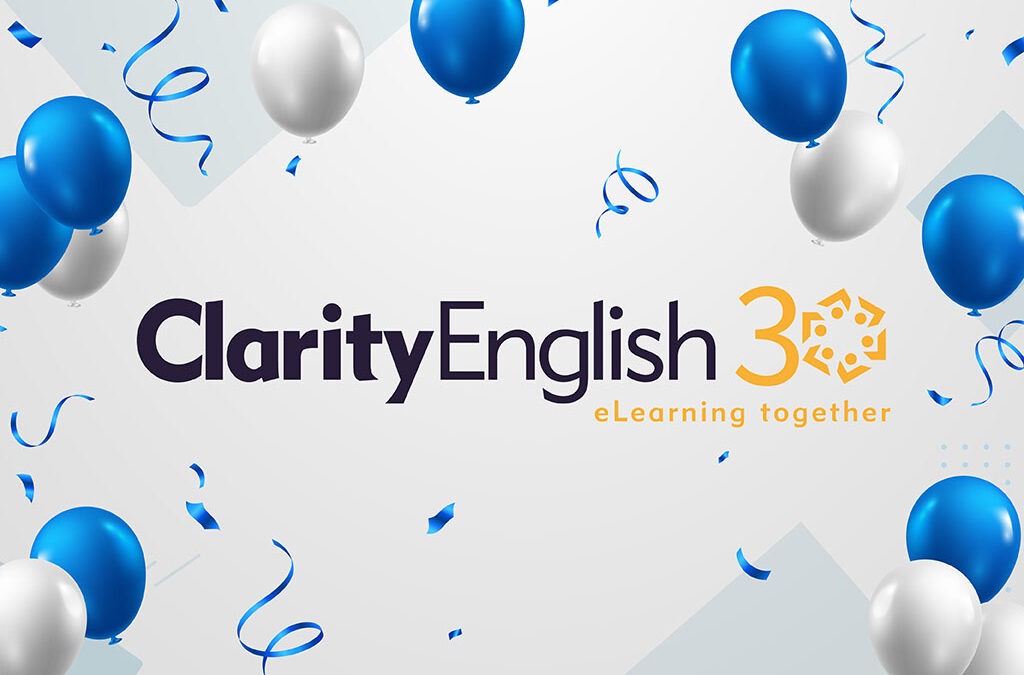
Puiyee Chan, Clarity’s managing director, lays out the plans for the future.

This study details how Ningbo University married textbook instruction of English pronunciation with digital resources. Here is how they did it.
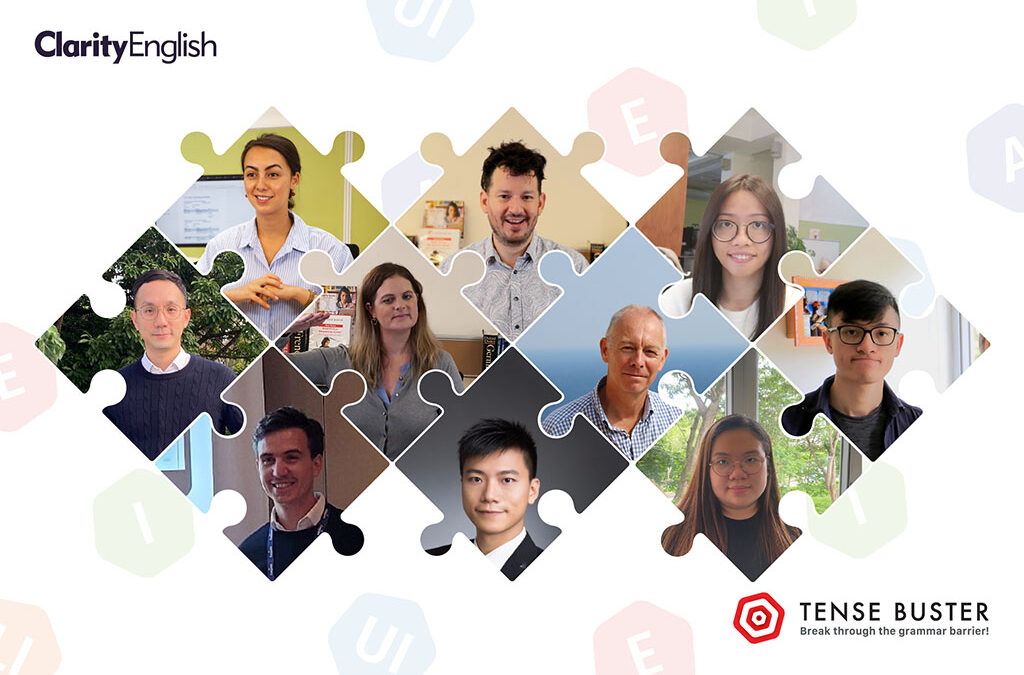
Grammar has a reputation for focusing on errors. With Tense Buster, we focus on communication. Here is how.
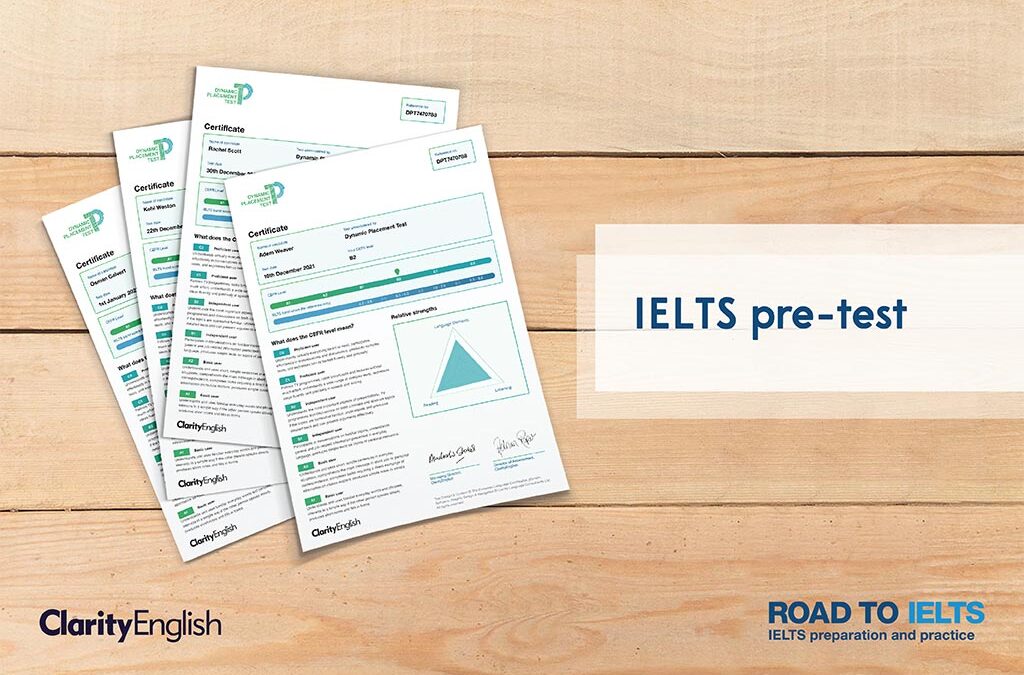
Lucas Gade discusses a successful strategy for reducing the number of expensive, time-consuming IELTS retakes.

Clarity is committed to supporting teachers preparing students for IELTS not just through Road to IELTS, but through a host of other support materials too.

On a visit to British Council Paris, Clarity’s Andrew Stokes talked to Tanguy Perrichot on providing IELTS support to universities in France. They discussed a successful approach to guided self-access.

Try this four-step process that will provide a structure for the students’ work, leaving you free to guide and advise.
The requirement for a 7.0 in IELTS Writing is stopping nurses in the Philippines from travelling to the UK, and is proving a headache to the National Health Service. Dr Victoria Clark describes how her team is analysing the problem and coming up with solutions.